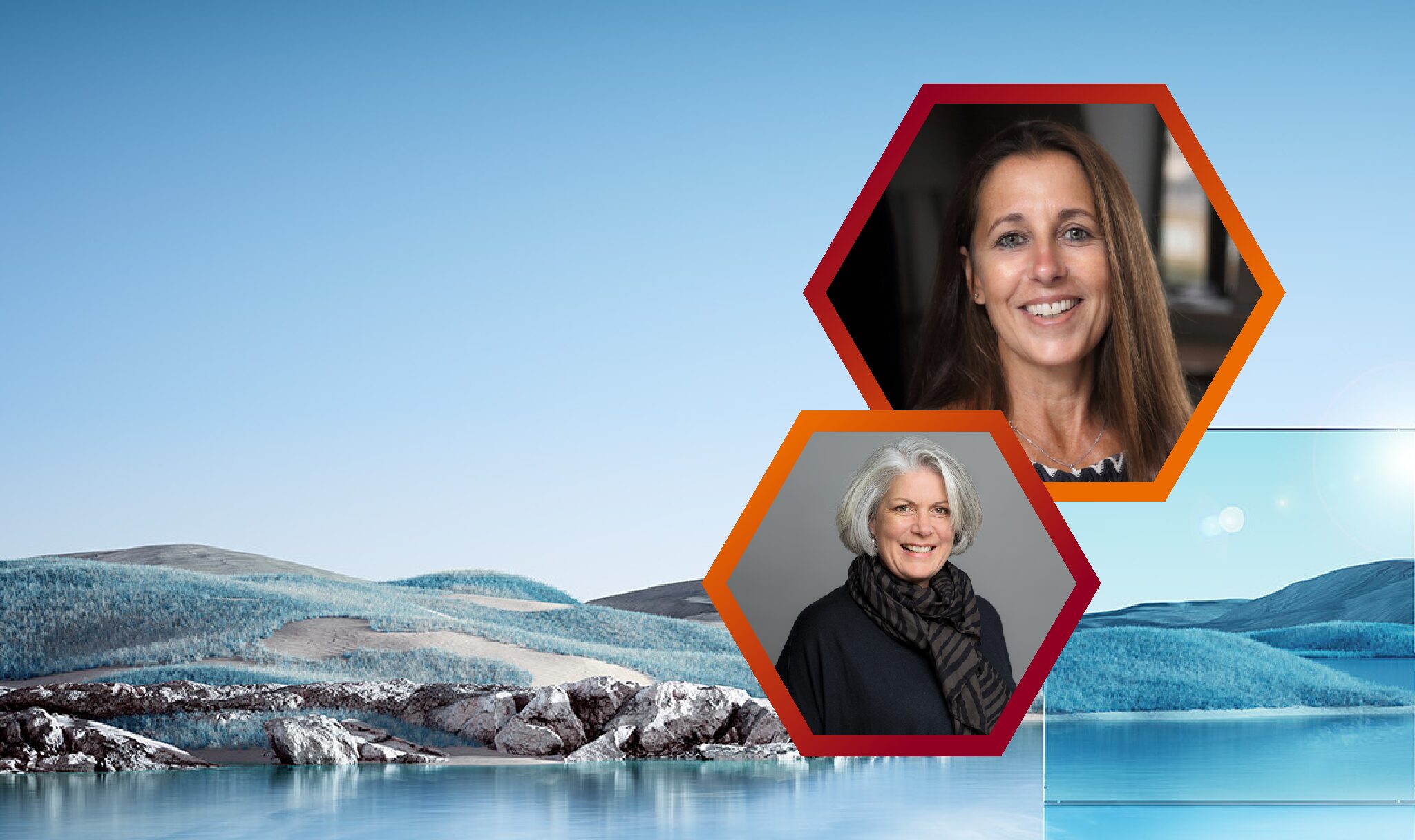As we step into 2024, uncertainty remains the status quo. Boards and Executive teams are continuing to grapple with significant challenges and shifts from war and the threat of war, tough economic conditions, and the breakneck pace of AI development.
Over the last four years Savannah has worked with a team of world-leading technologists to build AI that mitigates some of the risks inherent in leadership talent acquisition. Our proprietary platform, trained over many years, leaves no stone unturned when identifying relevant candidates, which additionally has positive implications for diversity.
It’s our belief that it is the combination of rigorously trained and tested AI – in the hands of deep experts who challenge, validate and interpret – that the greatest gains can be found in terms of AI’s current role in mitigating people risk. At Savannah we are trusted by our clients to deliver outstanding results and that is what we do best.
Savannah Partner, Ali Palmer, talks to Nick Allan, the esteemed CEO of Controls Risks, a renowned global risk consultancy to unpick some of the challenges that he sees.
Find out more about Savannah’s approach here
Ali: Nick, over the past few months we have all witnessed risk increase across the globe. With the recent publication of your Riskmap, where do you see the major challenges in 2024 and how can we mitigate against some of these risks?
In our RiskMap we talk about the Great Realignment. It is certainly true to say that geopolitics is driving risk to business in a way that has not been seen for a long time. It is also set to continue. Middle powers are challenging a world order that has not worked for them and the so called Pax Americana is under severe strain, not least because domestic politics in the USA have become almost all consuming. We have China looking to play a role in world affairs that befits its rise and an emergent India with a stronger voice. All of this tension and challenge is felt by companies both when they look at their international footprint but also when testing supply chain resilience.
In addition to the macro risk above, there is no doubt that the increased sophistication of AI and other tools means that cyber-crime and the potential impact of data theft and ransomware has to remain near the top of any corporate risk register. As with any approach to risk mitigation it is important for companies to understand their specific exposure to risks identified, and this needs to deep dive into supply chains. A lot of what we do is help companies work through their resilience using scenarios to see how they can succeed in different situations.
Ali: How do you think Covid-19 changed the way we look at risk within the corporate world?
I think the pandemic showed that some of the risks that we identify on the corporate risk register can and do actually occur. It also showed the exposure that many firms have to extended supply chains that are inherently vulnerable to disruption. This was then followed by the Russia Ukraine war that again highlighted the impact of tools like sanctions and how quickly they can impact companies.
The pandemic also showed to some firms that successful risk management can be a really significant source of competitive advantage. This is often the side of risk management that gets overlooked.
Ali: How do you see AI’s role in keeping your clients one step ahead of risk?
I think it is early days for AI. It has immense possibilities and should be a useful tool for handling insights into large sets of data and using patterns as a possible predictor. However, at the moment it is also a significant tool for criminals who use AI to enhance phishing campaigns and exploit weaknesses. Companies need to monitor the power of AI and understand its trajectory but also be appropriately sceptical of its current ability to solve issues.
Ali: What are the biggest people risks for organisations?
At its most simple level the largest risk for organisations is often losing key people. However, on a more case by case basis, organisations need to be confident in the integrity of the people they employ. If we are thinking about integrity risks these are pretty much always people driven. And for both risk management and integrity issues, culture is probably the most effective tool that a company has to protect itself.
Ali: How much attention do organisations give to people risk relative to other risks in your experience?
A lot of attention, particularly in services firms. The challenge is that people related risks are harder to define and deal with that some of the more concrete risks.
Ali: What do organisations generally do to mitigate these risks?
There are important processes that all firms should use, such as due diligence and compliance reviews. Beyond that though, organisations need to establish a culture where people can speak up and where there is an appropriate level of questioning. A very powerful question, particularly in a new market or with new people, is to ask “why are we being successful?”
Ali: What have been the biggest changes Control Risks have been through since you became CEO in 2019?
Control Risks is always changing and adapting. Our digital risk practice has grown significantly and we saw an explosion of ransomware during the pandemic that we supported our clients on. Beyond that, the change from being very much office based to a hybrid approach. Our people value it but it does present challenges around information sharing, learning and culture.
Ali: What are the key attributes you look for in people joining Control Risks today?
Most people who join us want to work here because they are fascinated by the trends and issues that shape the world. Many have very specific skills that they might have honed in a specific organisation and want to apply that more broadly. We recruit from a wide range of backgrounds. Beyond specific technical skills we are always after people who have a passion for what they do, can work well with others and have the resilience to deal with challenging situations.
Ali: What skills do you see as critical for the growth of your business looking to the future?
Like many businesses we need digital skills and people that can deliver on the opportunity that artificial intelligence and other emerging technologies present. What is changing is how our clients experience and manage risk and this is driven in large part by technology. But beyond that we will always need people that can handle complex situations and guide clients through really challenging times and in practical ways. Control Risks needs to be both forward thinking and at the same time able to draw on our heritage and almost unrivalled experience.
Ali: What has been your biggest career challenge to date and what learnings can you share with those reading this?
I am not sure that I can point to a single biggest career challenge. In hindsight the best advice I received was to know that I was responsible for my career and that if I wanted to progress I needed to own that and make it happen. Sometimes I think people can be passive and expect their employer to take care of this. Of course companies have an important role to play with career paths and development but we all need to own our own careers. I also reflect back to know that I learnt most from other people by working alongside and seeing them in action. In an age of less time in the office and fewer in person engagements I see this as a real challenge.
Ali: Do you think that your Politics degree helped shape you for this role today?
Yes in that I really enjoyed it, fuelled my fascination with international events and also gave me a framework to help me make sense of the world. But at Control Risks we have a very diverse range of backgrounds and experiences and many successful people who did not go down the degree route.
Ali: It seems that you love your job with Control Risk given you’ve been there for over 20 years. Where do you see yourself in 10 years’ time and if you could give one piece of advice to your younger self what would it be?
In 10 years time I am sure someone else will be the CEO of Control Risks and that will be right for the firm. Ultimately I think I have learnt a lot about how organisations deal with risk, both the negative side and the opportunity side, and I would hope to be able to share that more widely. I did an MBA early in my career and the kinds of risks that Control Risks deal with were largely ignored and that has not really changed much, although there is more teaching around the importance of ethics. I would love to be able to share my experiences in the context of business education.




